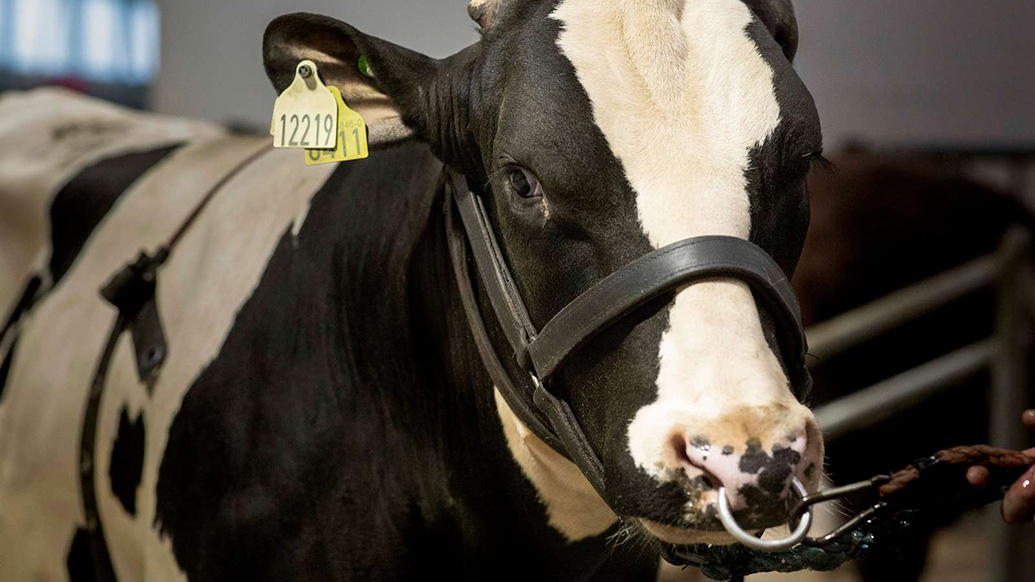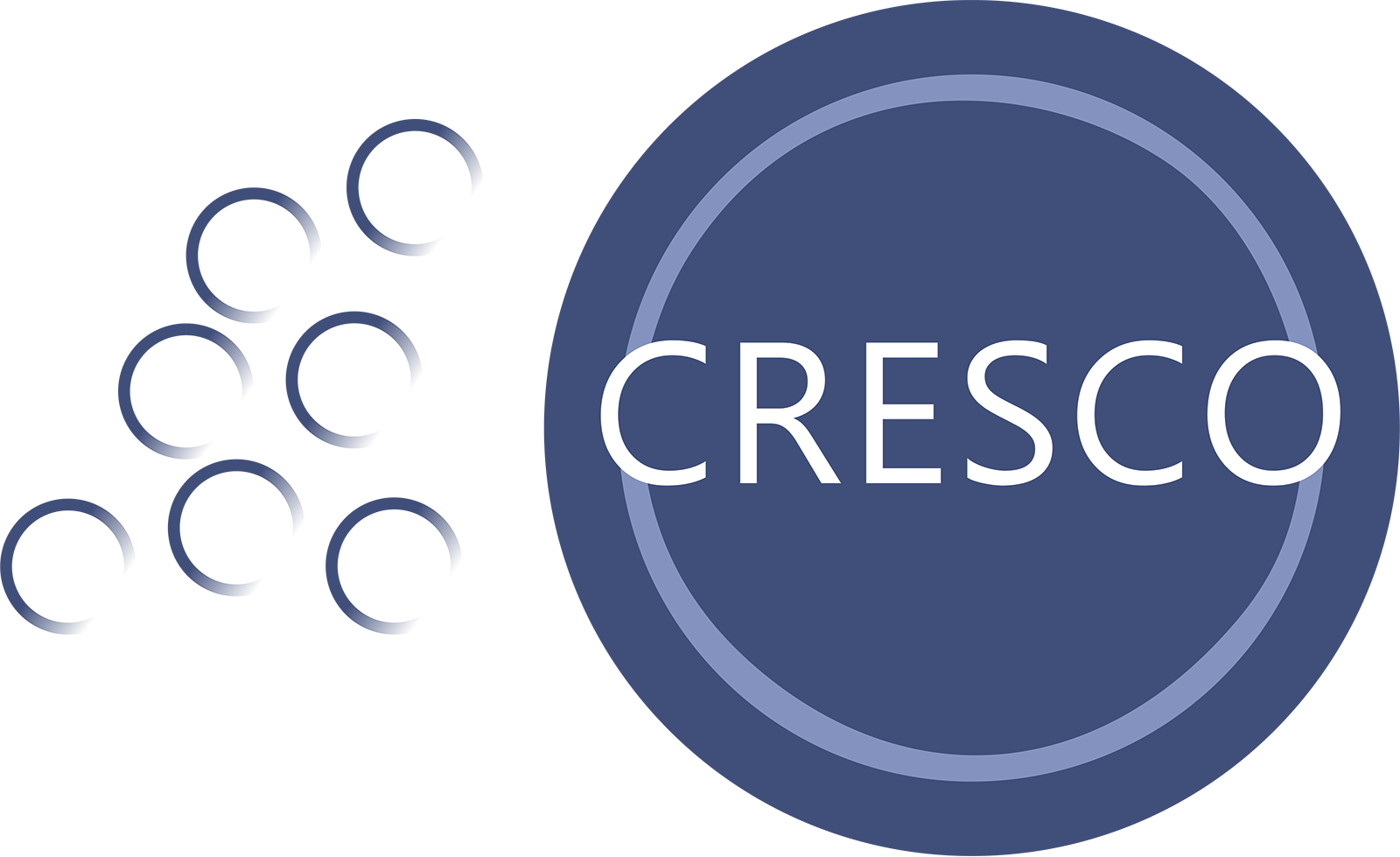- Affiliation:
-
Faculty of Applied Ecology, Agricultural Sciences and Biotechnology
- Academic discipline:
-
Nature, biology and environment

Photo:
Elen Sonja Klouman/HINN
The research group's main goal is to carry out recognized research, both basic research and applied research, within biotechnological reproduction for the establishment of generic knowledge and systematic application among users and as a basis for research-based teaching.
 The group is a partner in CRESCO (Centre for Embryology and Healthy Development) at University of Oslo.
The group is a partner in CRESCO (Centre for Embryology and Healthy Development) at University of Oslo.
What we research
INN University enjoys fruitful and advantageous cooperation with the national animal, plant and aquaculture breeding organisations, together forming a unique hub for research on fertility, breeding and genetics.
More about the research group
The group has established and expanded a significant collaboration with the national breeding organisations. Geno and Norsvin are national breeding companies with a significant international commitment, among other things manifested through Topigs Norsvin, the world's second largest supplier of pig genetics.
Among other things, the research projects will contribute to strengthening their international position and competitiveness. In addition to giving the companies involved a competitive advantage, the knowledge generated in the projects will be generic and can be transferred and applied to other species, including humans.
The research group has a significant project portfolio and performs advanced laboratory methods, bioinformatic and statistical processing of large data sets, as well as publishing. The projects provide the basis for several master's theses.
Reproductive biotechnology encompasses technological and biological methods to uncover factors that affect fertility, across species and kingdoms.
Gametes from animals, aquatic organisms and plants are characterized to identify phenotypic traits that are important for reproductive performance.
There is a growing need for knowledge about fertility and reproductive biotechnology, globally but also locally. The knowledge must ensure that our industrial partners maintain competitiveness and secure broader and more lucrative market positions.
Høgskolen i Innlandet has collaborated for many years with several companies on research projects with a particular focus on fertility and reproduction, often in combination with preservation technologies. Interdisciplinary approaches and comparisons of fertility and reproductive traits across species barriers are highly instructive and valuable, and offer unique innovation potential.
INN University has collaborated for many years with several companies on research projects especially focusing on aspects of fertility and reproduction, often in combination with preservation technologies.
Interdisciplinary approaches and cross-species comparisons of fertility and reproductive traits are extremely informative and valuable, and give unique innovation potential.
The aim of the research
The main goal must be achieved through the following sub-goals:
- To obtain external (part) funding for projects through being an attractive partner for academia and industry
- To document the connection between sperm parameters and fertility in different species
- To develop a methodology for detecting a connection between epigenetic expression and the content of metabolites in semen and high/low fertility in cattle and pigs, for routine application at individual level, ejaculate level and for various semen processing methods
- To generate new knowledge about critical factors for successful fertilization
- To generate conclusive results by applying state-of-the-art bioinformatics methods to large, complex datasets
- To build competence and be a preferred partner in bioinformatics and calculation methods in drug discovery
- The main goal builds on the college's strategic plan, including the community mission, as well as LUNA's goals. The sub-goals show overall goals for the ongoing research projects. Goals and sub-goals further support the new PhD program Applied Ecology and Biotechnology, and will thereby be able to increase recruitment to the study and contribute to a robust programme.
Contact the research group
 The group is a partner in CRESCO (Centre for Embryology and Healthy Development) at University of Oslo.
The group is a partner in CRESCO (Centre for Embryology and Healthy Development) at University of Oslo. 


